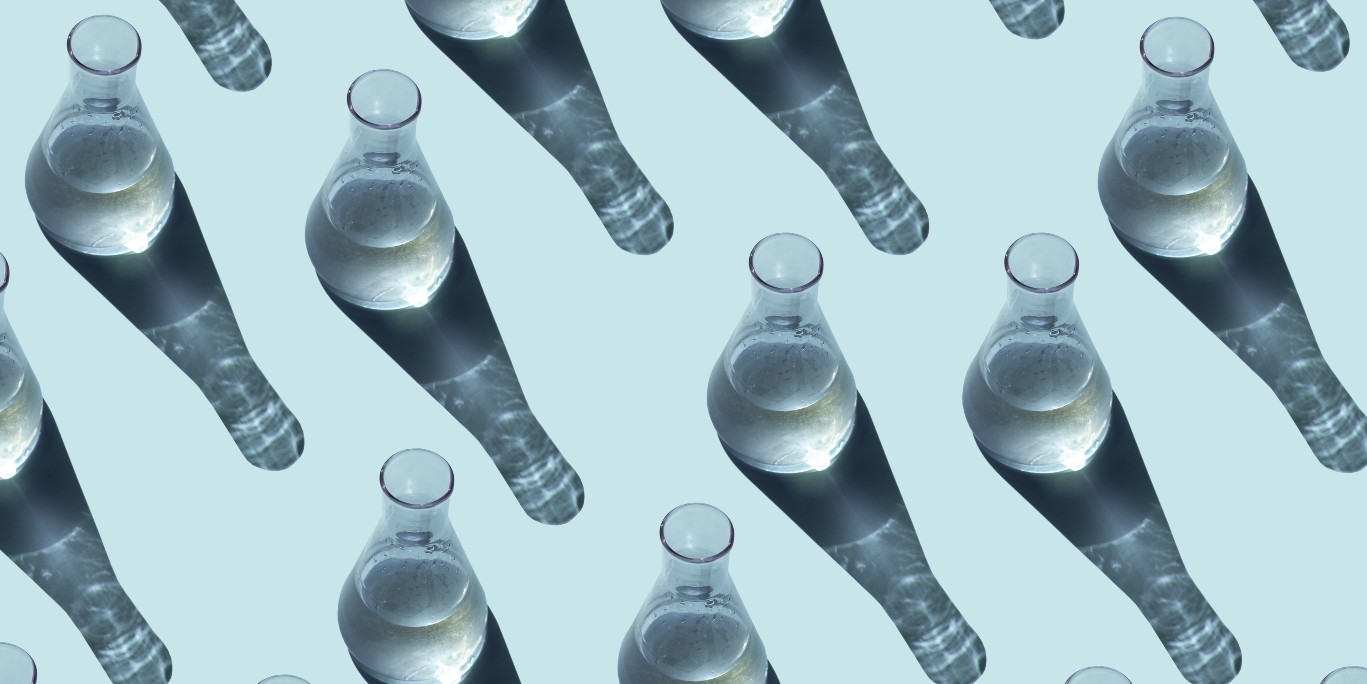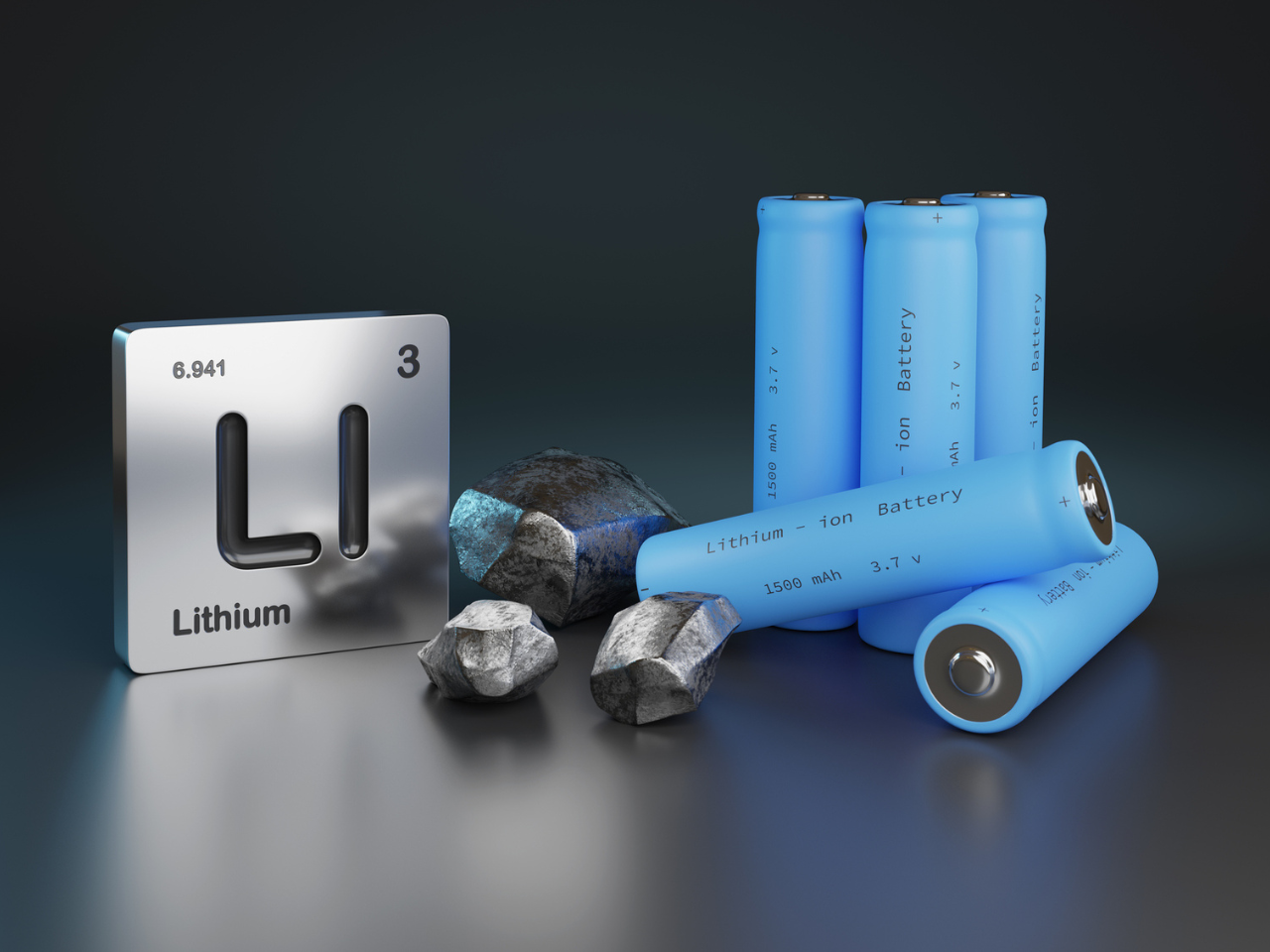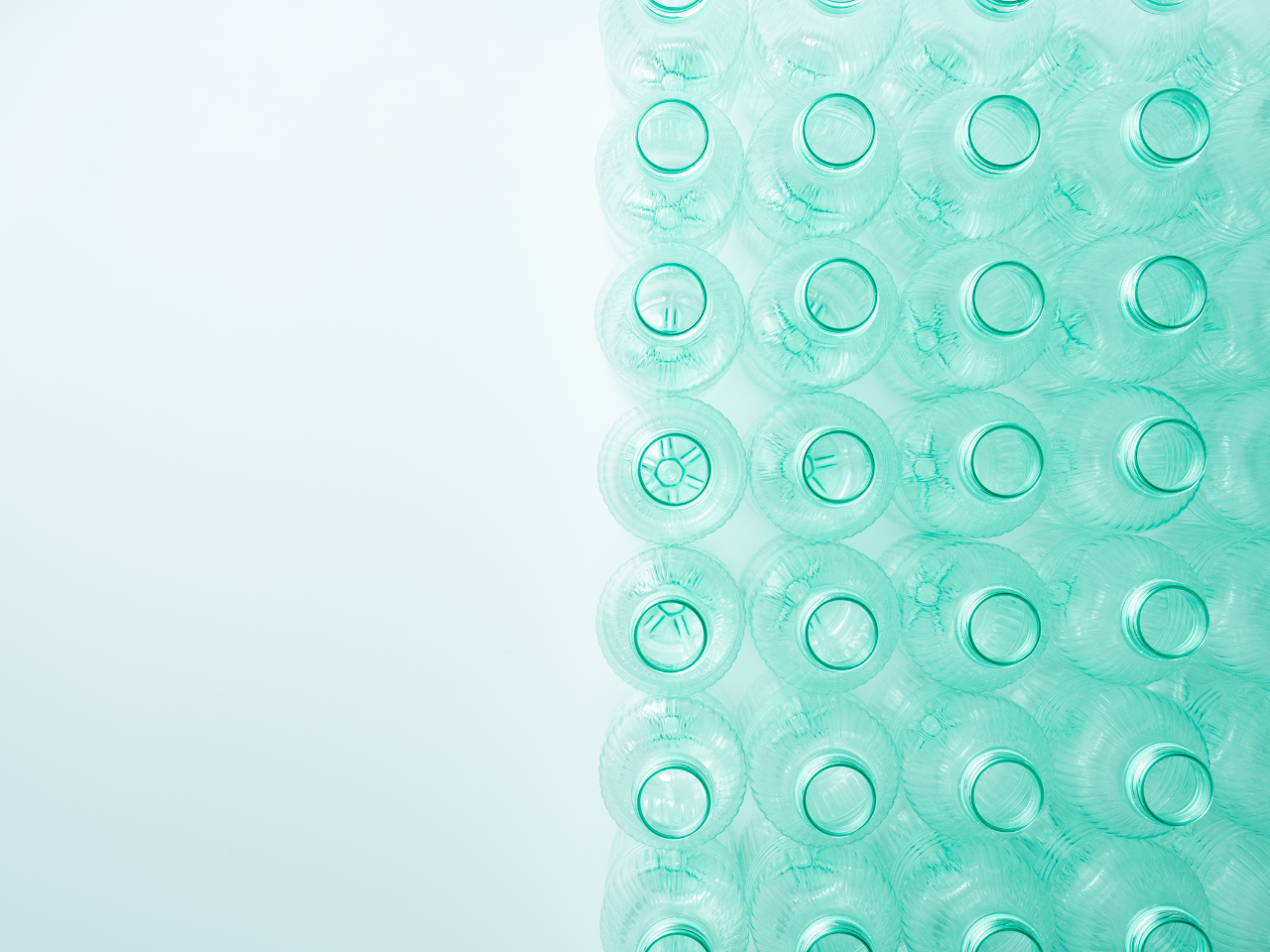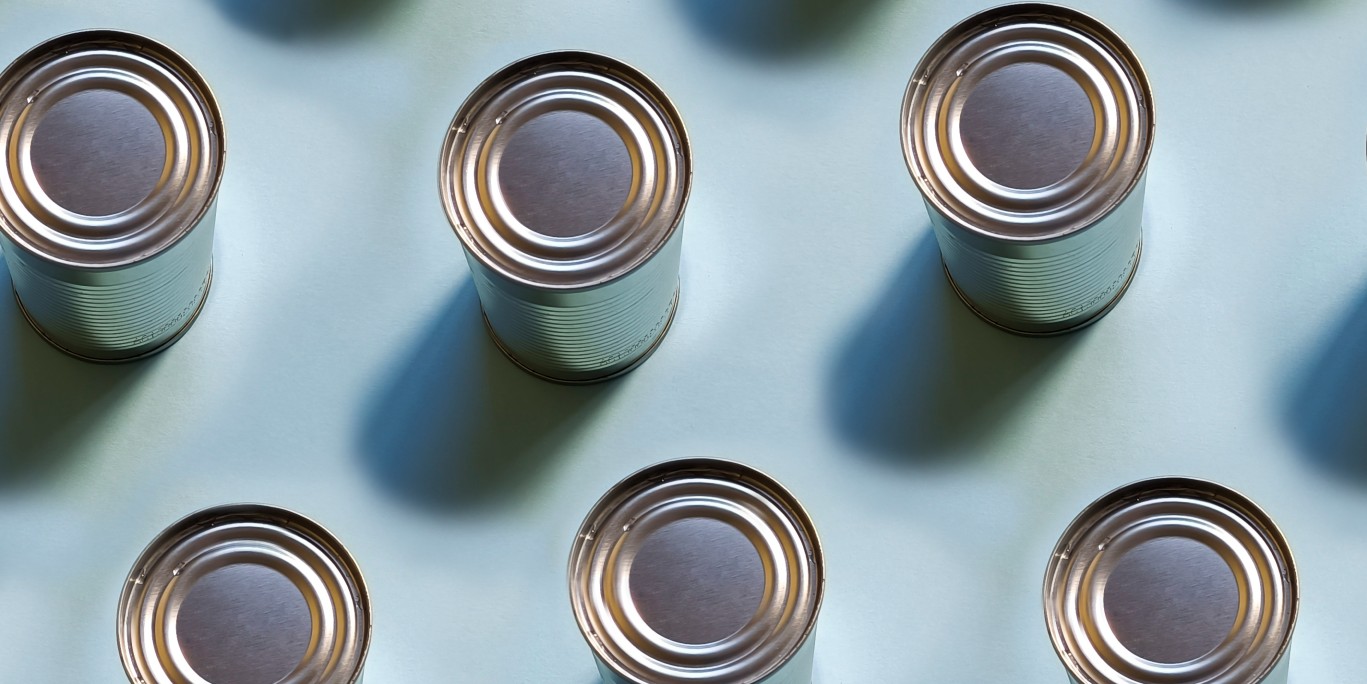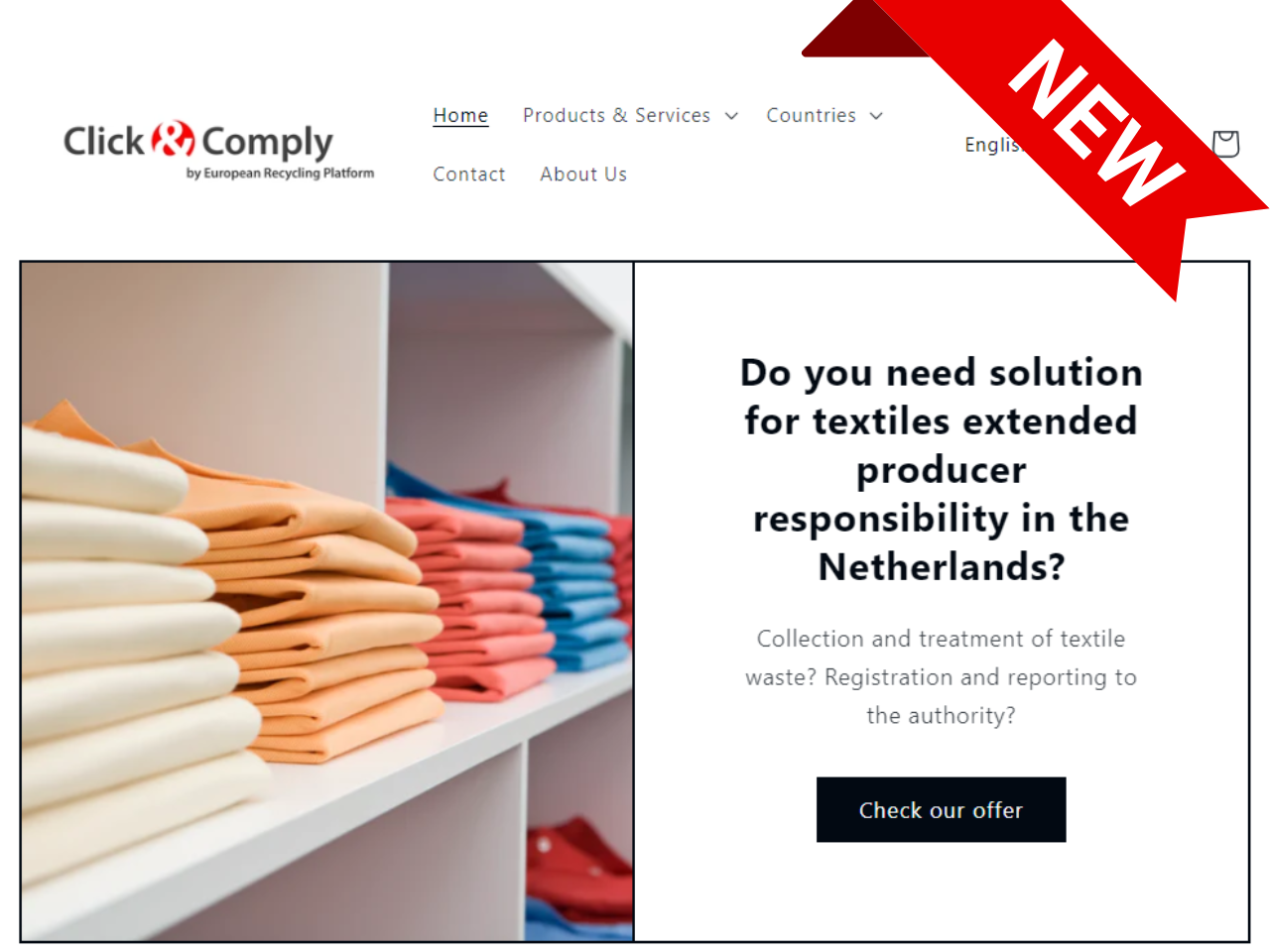What’s happening? Here is an update for October 2023.
UNEP Zero Plastics Treaty: focus on harmful chemicals and polymers
F-gases: stricter requirements coming up
SVHCs: proposals for six new substances under consultation
UNEP Zero Plastics Treaty: focus on harmful chemicals and polymers
On 4th September, the United Nations Environment Programme published a draft of the new global plastics treaty.
Dubbed the “zero draft”, this treaty establishes a framework for a legally binding instrument to end plastic pollution (see article here) and remove harmful chemicals and polymers from the circular economy.
The draft will serve as a working text during a third round of negotiations that will be held in Nairobi, Kenya on 13th November. The goal is to have a formal treaty in place by the end of 2024.
The draft proposes that parties to the treaty will have an obligation to “prevent and eliminate” chemicals and polymers of concern in plastic products.
Three options are provided: the first is for each party to “not allow and to eliminate” the use of chemicals, groups of chemicals and polymers in the production of plastic polymers, plastics and plastic products; the second option sets to only “minimize” the use; and the third option allows parties to self-regulate.
The specific chemicals and polymers of concern are not yet known. However, supporting documentation to the draft treaty suggests that the following specific criteria will be used to categorize them:
- Substances which are carcinogenic, mutagenic, reprotoxic, endocrine disruptors, and/or bioaccumulative and persistent
- Substances or polymers that poison recycling streams
- Substances or polymers which are slow to degrade in the environment
- Substances with ozone-depleting effects
- ‘Polymers of high concern’
- Potential release from plastics products
F-gases: stricter requirements coming up
Fluorinated Greenhouse, or F-gases, are known as much for their polluting potential as for their utility.
The UN, through its treaties – Stockholm (1987) and Kigali (2019) – is aggressively targeting reduction as part of measures to combat climate change.
For its part, the EU has had progressive Regulations in place to cap and reduce in-scope gases through its 2006 and current 2014 Regulations, limiting quantities, banning certain F-gases and ensuring better equipment checks.
Currently, there is a further proposal under discussion with the EU Parliament, anticipated for 2024, which will further tighten the screw through higher reduction targets, further restrictions on uses, tighter and more easily enforced quotas, as well as enhanced monitoring.
Landbell Group company, ERP Portugal is part of a project working to improve the recovery of F-gases for reuse (see previous article here).
For assistance with the current requirements, or future direction, please contact us here.
SVHCs: proposals for six new substances under consultation
The European Chemicals Agency (ECHA) is running public consultations, until 16 October 2023, on six new proposals to identify substances of very high concern (SVHCs).
The substances and examples of their uses are:
- 2,4,6-tri-tert-butylphenol (EC 211-989-5) – chemical manufacturing, formulation of mixtures and in fuel products
- 2-(2H-benzotriazol-2-yl)-4-(1,1,3,3-tetramethylbutyl)phenol (EC 221-573-5) – air care products, coating products, adhesives and sealants, lubricants and greases, polishes and waxes, washing and cleaning products
- 2-(dimethylamino)-2-[(4-methylphenyl)methyl]-1-[4-(morpholin-4-yl)phenyl]butan-1-one (EC 438-340-0) – inks and toners, coating products
- Bumetrizole (EC 223-445-4) – coating products, adhesives and sealants, washing and cleaning products
- Dibutyl phthalate (EC 201-557-4) – metal working fluids, washing and cleaning products, laboratory chemicals and polymers
- Oligomerisation and alkylation reaction products of 2-phenylpropene and phenol (EC 700-960-7) – adhesives and sealants, coating products, fillers, putties, plasters, modelling clay, inks, toners and polymers
Designation as an SVHC triggers obligations for producers, suppliers and importers. Early knowledge helps prepare for the obligations that might concern your products or supplies.
For more information and support, please contact us here.
Sign up for our monthly
report COMPASS here:
Your email
